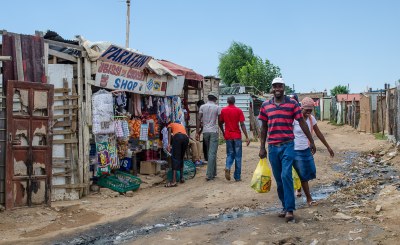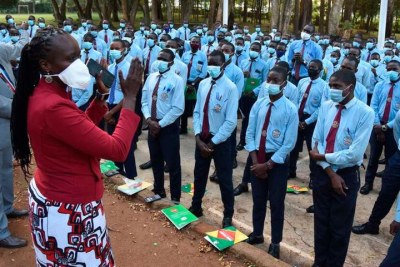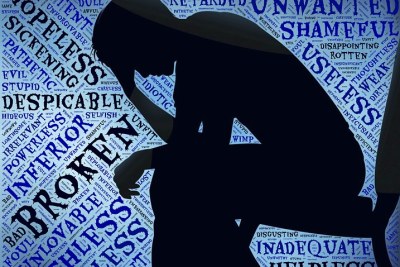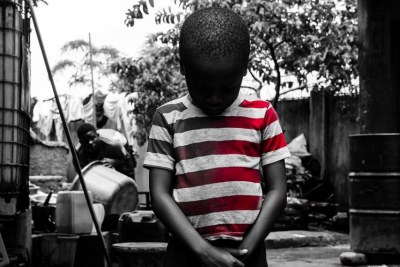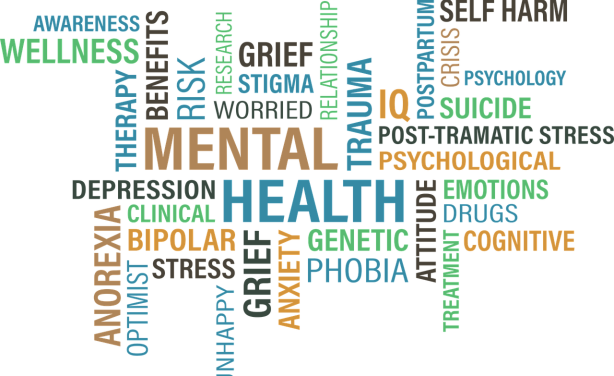-
South Africa: Can Community Health Workers Help Expand Access to Mental Health Services?
spotlight, 17 June 2021
South Africa faces a severe mental health burden compounded by a chronic shortage of mental health practitioners in the public sector. Over 30% of those living in South Africa have… Read more »
-
South Africa: Silent Epidemic - Families Need to Talk About Mental Health - for the Sake of South African Youth
Daily Maverick, 15 June 2021
While many South Africans fear the deadly effects of the Covid-19 pandemic, there is another epidemic that runs rampant among young South Africans -- mental illness. This epidemic… Read more »
-
South Africa: Minister Blade Nzimande - Social Impact Study On Covid-19
Govt of SA, 14 June 2021
The Minister of Higher Education, Science and Innovation, Dr Blade Nzimande remarks on the occasion of the release of the results of the social impact study on COVID-19 amongst the… Read more »
-
South Africa: Concern Over Service Delivery At Durban Mental Institution
SAnews.gov.za, 20 May 2021
KwaZulu-Natal Social Development MEC Nonhlanhla Khoza, has expressed shock and concern at the collapse of operations at the Durban and Coastal Mental Health Society (DCMH). Read more »
-
South Africa: Mind Field - SA Urgently Needs a New Mental Health Policy
Daily Maverick, 17 May 2021
This is the first in a series of articles on mental health. Here the writers explain why, in May 2021, South Africa faces a serious mental health policy crisis. The National Mental… Read more »
-
South Africa: South Africa's Mental Health Facilities Are Ailing
New Frame, 7 April 2021
The Human Rights Commission has found a lack of staff, beds and clean, secure facilities plague institutions across the country, leaving patients unable to access the help they… Read more »
How South Africans Can Gain Easier Access to Mental Health Help
South Africa faces a severe mental health burden compounded by a chronic shortage of mental health practitioners in the public sector. Over 30% of those living in South Africa have experienced a depressive, anxiety, or substance use disorder in their lifetime, according to a national survey. Yet studies show only 15% of those with mental health conditions receive treatment, writes Laura Owings for Spotlight.
"There are simply not enough psychiatrists to go around," says Professor Crick Lund, Director of the Alan J. Flisher Centre for Public Mental Health at the University of Cape Town. "Community health workers have a potentially valuable role to play in identifying and providing mental health interventions for mild-to-moderate disorders like depression, anxiety, and substance abuse, and with monitoring for relapse among people with severe conditions," Lund says.
A community-based approach to mental health services is also supported by the World Health Organisation. Guidance on the practice, published by the body in June 2021, calls it "a vision of mental health care with the highest standards of respect for human rights and gives hope for a better life to millions of people with mental health conditions and psychosocial disabilities, and their families, worldwide."
InFocus
-
Even before the Covid-19 pandemic, one in five African teenagers had thought about suicide, according to a study released in 2020. This was the highest such prevalence in the ... Read more »
-
Nigeria has seen the second-highest number of Covid-19 cases in Africa, with more than 160,657 cases, 145,399 recoveries, and 2,013 deaths. Dr Abio Read more »
-
The Covid-19 pandemic has disrupted or halted critical mental health services in 93% of countries worldwide while the demand for mental health is increasing, according to a new WHO ... Read more »
